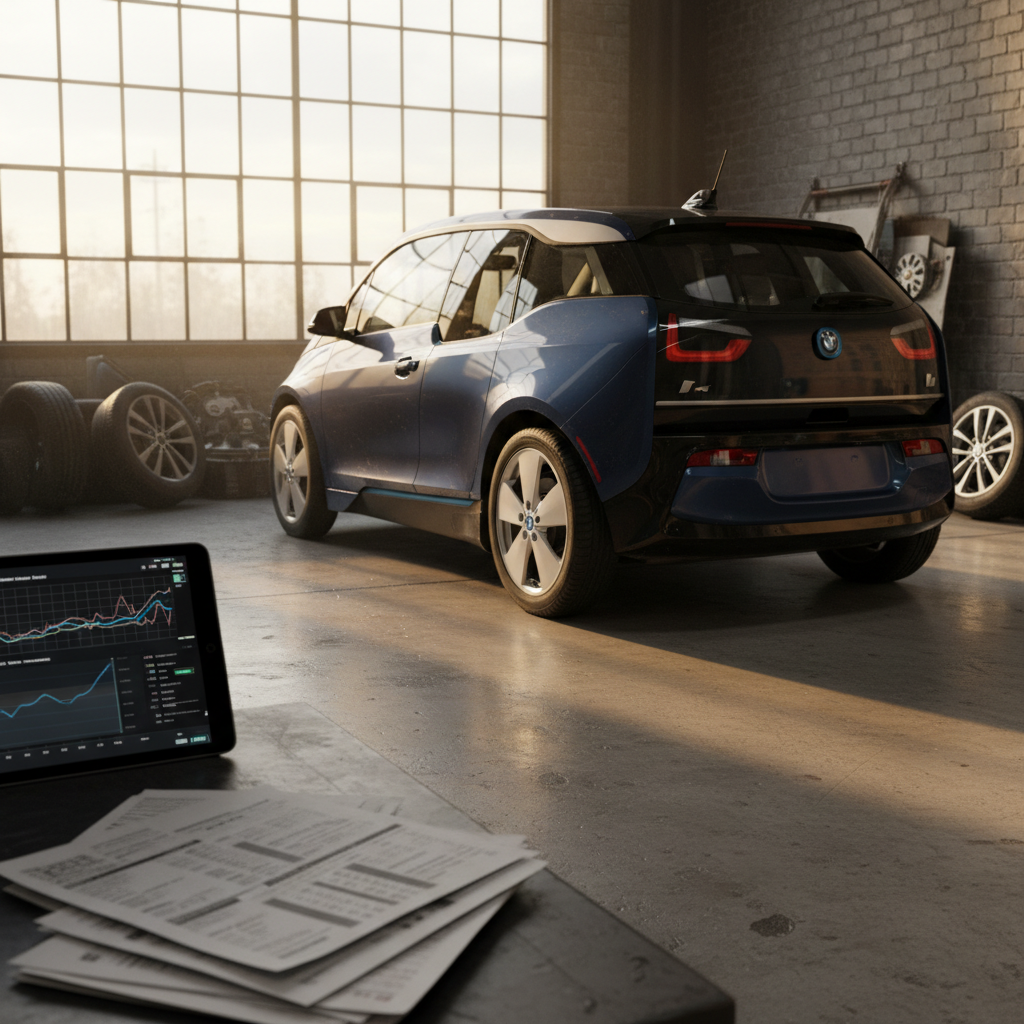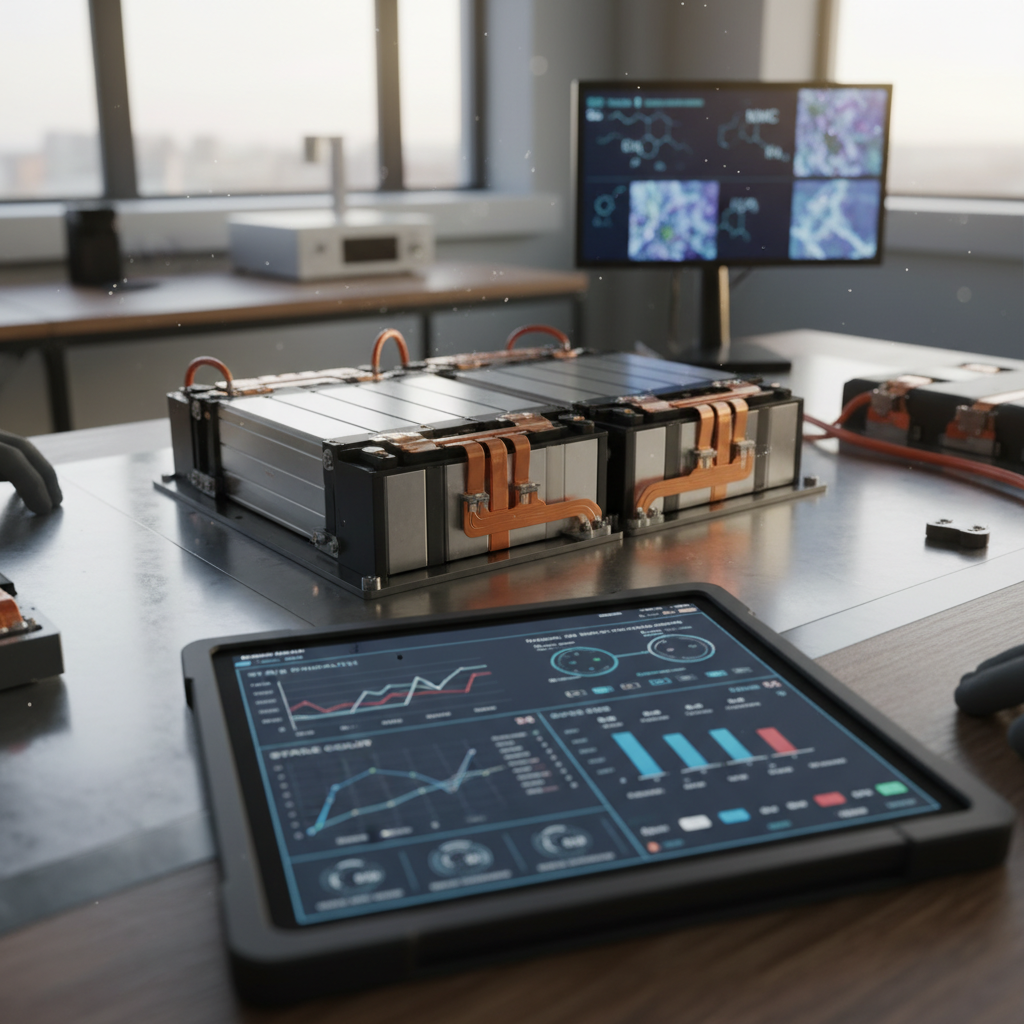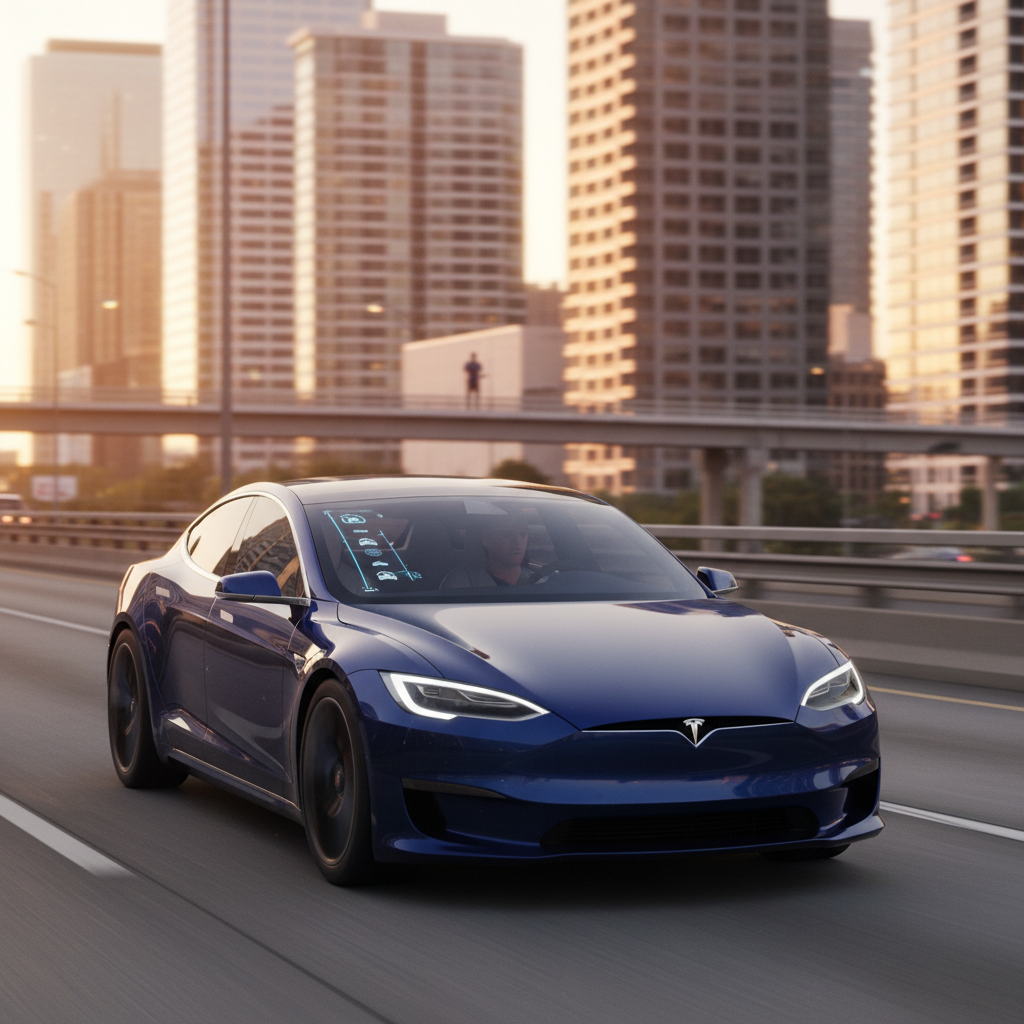If you’re shopping for reliable 2nd hand cars in 2025, you’re really asking two questions: which brands and models hold up best, and how do you tell if the specific car in front of you is a keeper or a money pit. The good news: long-running data from Consumer Reports and others paints a clear picture of which used gas, hybrid, and electric vehicles tend to be safest bets, and there are more options than ever under $20,000.
Reliability has never mattered more
Why reliability matters so much with 2nd hand cars
Repairs can erase your savings
A bargain price on a used car doesn’t stay a bargain if you’re staring at a $2,000 transmission repair or a failing battery pack. Even mainstream models now carry complex electronics and safety systems that aren’t cheap to fix once they’re out of warranty.
Downtime disrupts your life
Unplanned shop visits mean missed work, scrambling for rides, and paying for rentals. Choosing a historically reliable model, and vetting its maintenance history, dramatically lowers the odds that your 2nd hand car becomes a full-time project.
The reliability gap, in numbers
Who actually builds the most reliable 2nd hand cars?
When you zoom out from individual models and look at brand-level data on 5–10-year-old vehicles, a clear pattern emerges. Lexus and Toyota sit at the top of Consumer Reports’ first-ever used-car brand reliability analysis, with Mazda, Honda, and Acura close behind. These automakers tend to roll out conservative redesigns, refine proven components, and avoid piling on untested tech all at once, habits that pay off as their cars age.
Most reliable used-car brands to prioritize
These are often your safest starting points when building a 2nd hand short list.
Lexus
Consistently near the top of long-term reliability charts, especially for crossovers like the RX and ES sedan. You’ll often pay more up front, but repairs are infrequent.
Toyota
Corolla, Camry, RAV4, Highlander, Tacoma, bread-and-butter models with strong reliability records and easy parts availability across the U.S.
Mazda
Models like the Mazda3 and CX-5 blend strong dependability with more engaging driving dynamics than most rivals.
Honda & Acura
Civic, Accord, CR-V, and Acura’s TLX and MDX have long reputations for running well past 150,000 miles with regular maintenance.
Subaru
Crosstrek and Forester are standouts among small SUVs for long-term durability, particularly in snow-belt states where AWD is a plus.
Cautious with newcomers
Newer EV‑only brands and heavily redesigned models can be more hit-or-miss. Dig into model-year-specific data instead of assuming every version is reliable.
Brand isn’t everything
Most reliable 2nd hand cars by type and budget
If you’re starting from scratch, it helps to see concrete examples of reliable 2nd hand cars that frequently come recommended in owner surveys and independent tests. Below are model families, mostly 3–8 years old, that tend to deliver low drama if they’ve been maintained properly.
Sample short list of reliable 2nd hand cars
Models commonly highlighted for strong reliability in the U.S. used market. Always confirm specific model-year ratings and have any vehicle inspected.
| Segment | Example Models | Typical Target Years* | Why They’re Safe Bets |
|---|---|---|---|
| Small sedan | Toyota Corolla / Corolla Hybrid, Honda Civic, Mazda3 | 2017–2022 | Simple, proven drivetrains, strong reliability history, plentiful parts. |
| Midsize sedan | Toyota Camry, Honda Accord, Hyundai Sonata | 2017–2022 | High-volume models with long track records; easy to service anywhere. |
| Small SUV | Toyota RAV4, Honda CR-V, Subaru Forester, Mazda CX-5, Kia Sportage | 2017–2022 | Among the least troublesome categories in recent reliability surveys. |
| Three-row SUV | Toyota Highlander, Mazda CX-9 | 2018–2021 | Well-regarded for durability relative to other three-row crossovers. |
| Pickup | Toyota Tacoma, Toyota Tundra, Honda Ridgeline | 2015–2021 | Body-on-frame Toyotas and Ridgeline’s car-like underpinnings age well. |
| Hybrid | Toyota Prius / Prius Prime, Toyota RAV4 Hybrid, Corolla Hybrid | 2016–2021 | Conventional hybrids have some of the best reliability scores overall. |
| Affordable EV | Chevrolet Bolt EV, Nissan Leaf (later years), Hyundai Kona Electric, Kia Niro EV | 2018–2023 | Mature, high-volume EVs with improving reliability and big used price drops. |
Use this as a starting point, then narrow by budget, mileage, and condition.
About the years listed

How reliable are used EVs really?
Electric vehicles don’t need oil changes, timing belts, or complex multi-gear transmissions, which helps on the reliability front. But recent owner surveys still show EVs report more problems on average than gas cars, largely due to infotainment issues, electrical gremlins, and occasional battery or charging-system faults. Plug-in hybrids are even more complex, combining an engine and full EV system, and tend to have higher problem rates than either conventional hybrids or gas vehicles.
Where used EVs shine
- Simpler drivetrains: No engine, spark plugs, exhaust, or traditional transmission to maintain.
- Instant torque: Strong, smooth acceleration even from older EVs.
- Low running costs: Electricity is usually cheaper per mile than gas; fewer routine maintenance items.
- Depreciation is your friend: Models like the Chevy Bolt EV, Kia Niro EV, and Hyundai Kona Electric have seen steep price drops on the used market.
Where you need to be careful
- Battery health varies widely: A five-year-old EV can have 90% of its original range, or closer to 70%, depending on usage and climate.
- Early tech bugs: First-generation infotainment, driver-assistance, and fast-charging systems can be less robust.
- Brand differences: Some newer EV‑centric brands score poorly on reliability despite loyal owners.
- Charging fit: An otherwise reliable EV is the wrong choice if it doesn’t fit your daily range and charging options.
Where Recharged fits in
Battery health: the make-or-break factor for used EVs
With gas and hybrid vehicles, reliability risk is spread across dozens of systems. With EVs, one component dominates the conversation: the high-voltage battery. It’s designed to last many years, but it’s also the most expensive part to replace, which is why understanding its health is non‑negotiable when you’re evaluating reliable 2nd hand cars that plug in.
Four questions to ask about any used EV’s battery
If the seller can’t answer these, proceed carefully, or walk away.
1. What’s the current usable range?
Don’t rely on the original window sticker. Ask what real-world range the owner gets today at highway speeds and in winter. Compare that to the EPA rating to estimate degradation.
2. Has the pack been fast-charged heavily?
Occasional DC fast charging is fine, but cars that lived on 150 kW chargers every day may show more wear, especially in hot climates.
3. Is there documentation?
Look for service records, warranty repairs, and any previous battery health reports. Gaps don’t automatically kill the deal, but they do increase uncertainty.
4. Has the battery been independently tested?
A professional diagnostic, like the Recharged Score battery health check, gives you an objective read instead of relying on a dash estimate or salesperson’s word.
Practical EV shopping tip
Checklist: how to spot a reliable 2nd hand car
Pre-purchase reliability checklist
1. Start with the right model
Begin with vehicles that have strong long-term reliability records, Toyotas, Hondas, Mazdas, and well-rated hybrids and EVs, rather than trying to rescue a known troublemaker because it’s cheap.
2. Check model-year reliability and recalls
Look up the specific model year on independent reliability sites and check for open recalls. A solid model with a bad year (or major unrepaired recalls) is a red flag.
3. Review maintenance history
Ask for service records showing regular oil changes (for gas/hybrids), coolant and transmission service where applicable, and any major repairs. A thick folder of records is often a good sign.
4. Get a pre-purchase inspection
Pay a trusted mechanic, or EV specialist for electric cars, to perform a full inspection. They’ll spot leaks, worn suspension, accident repairs, and software or charging issues you might miss.
5. Evaluate tires, brakes, and wear items
Uneven tire wear, thin brake pads, and neglected fluids can signal a hard life. They also add hundreds of dollars to the effective price once you correct them.
6. Drive it like you’ll actually use it
On a test drive, include highway speeds, rough pavement, and stop-and-go traffic. Listen for clunks or whines, test all electronics, and make sure the car tracks straight and brakes smoothly.
7. For EVs, insist on battery data
Ask for a recent battery health report or capacity reading. If you’re buying through Recharged, this is included in the Score Report. If you’re buying from a private seller, consider a third-party battery test.
8. Confirm title and accident history
Use a vehicle history report to check for salvage titles, flood damage, odometer rollbacks, or multiple accidents. A clean title doesn’t guarantee a perfect car, but a branded title demands a steep discount and extra scrutiny.
Don’t skip the inspection
Common mistakes that turn a reliable car into a headache
- Assuming all years of a “good” model are safe bets without checking year-specific issues.
- Ignoring fluid changes on high-mileage vehicles because “it’s just a commuter.”
- Using cheap or incorrect-spec fluids and parts to save a few dollars.
- Neglecting software updates and recalls on tech-heavy cars and EVs.
- Fast-charging an EV daily in extreme heat and never letting it cool before charging.
Maintenance is part of reliability
Financing and total cost of ownership
Shoppers sometimes chase the lowest monthly payment and overlook the bigger picture. A slightly higher purchase price for a more reliable 2nd hand car can be cheaper over five years than a bargain model that eats through tires, brakes, and sensors, or suffers a major engine or battery failure.
Think beyond sticker price
- Insurance: Some older cars cost more to insure than newer ones with better safety features.
- Fuel or electricity: Reliable hybrids and EVs often deliver big savings at the pump or charger.
- Maintenance & repairs: A reliable brand with common parts is usually cheaper to keep on the road.
Leaning on smart financing
Financing a reliable 2nd hand car can spread costs without stretching you too thin. At Recharged, you can pre-qualify for EV financing online with no impact to your credit, see estimated monthly payments, and compare options before you commit, especially helpful if you’re weighing a used EV against a gas or hybrid alternative.
FAQ: reliable 2nd hand cars
Frequently asked questions about reliable 2nd hand cars
Key takeaways: building your short list
Reliable 2nd hand cars aren’t unicorns, you just have to stack the odds in your favor. Start with brands and models that have proven themselves over a decade of owner data, verify that the specific car you’re eyeing has been maintained and inspected, and for EVs, insist on clear, objective battery health information. That’s the formula that separates quiet, low-cost daily drivers from expensive regrets.
If you’re leaning toward a used EV, Recharged was built for this moment. Every vehicle on the platform comes with a Recharged Score Report covering battery health, pricing, and condition, plus access to EV‑specialist support and digital financing tools. Whether you end up in a hybrid, a gas model, or an electric car, the same rule applies: do your homework once, and you’ll enjoy thousands of miles of worry-free driving later.



